In April, the minimum wage for fast-food workers in California increased from $16 to $20 per hour; a move that was celebrated by labor unions and progressive activists, but stoked fears of job losses and economic downturn.
New statistics from the U.S. Bureau of Labor Statistics show that the fast-food industry has gained over 10,000 workers in California since the implementation of the increased minimum wage.
The Statistics in Full

According to new data, California added more jobs in the fast-food industry for every month this year, including after the implementation of the new minimum wage legislation.
From January to May 2024, the number of fast-food jobs in California increased from 724,900 to 745,600 – an gain of 20,700 jobs.
Why Jobs Increased

Harper Johnson, of Killer Startups, suggested job increases “could be attributed to a heightened purchasing power resulting from higher wages, possibly leading to increased demand for fast food.”
In his State of the State address, California Governor Gavin Newsom said, “What’s good for workers is good for business.”
What is The Minimum Wage Law?

Last year, Governor Newsom signed into law legislation that increased the minimum wage for some fast-food workers to $20 an hour. This legislation came into force on April 1st, 2024.
The legislation, which represented a major victory for labor unions and progressive campaigners, only affects chains with more than 60 locations across the United States.
Governor Newsom Speaks Out
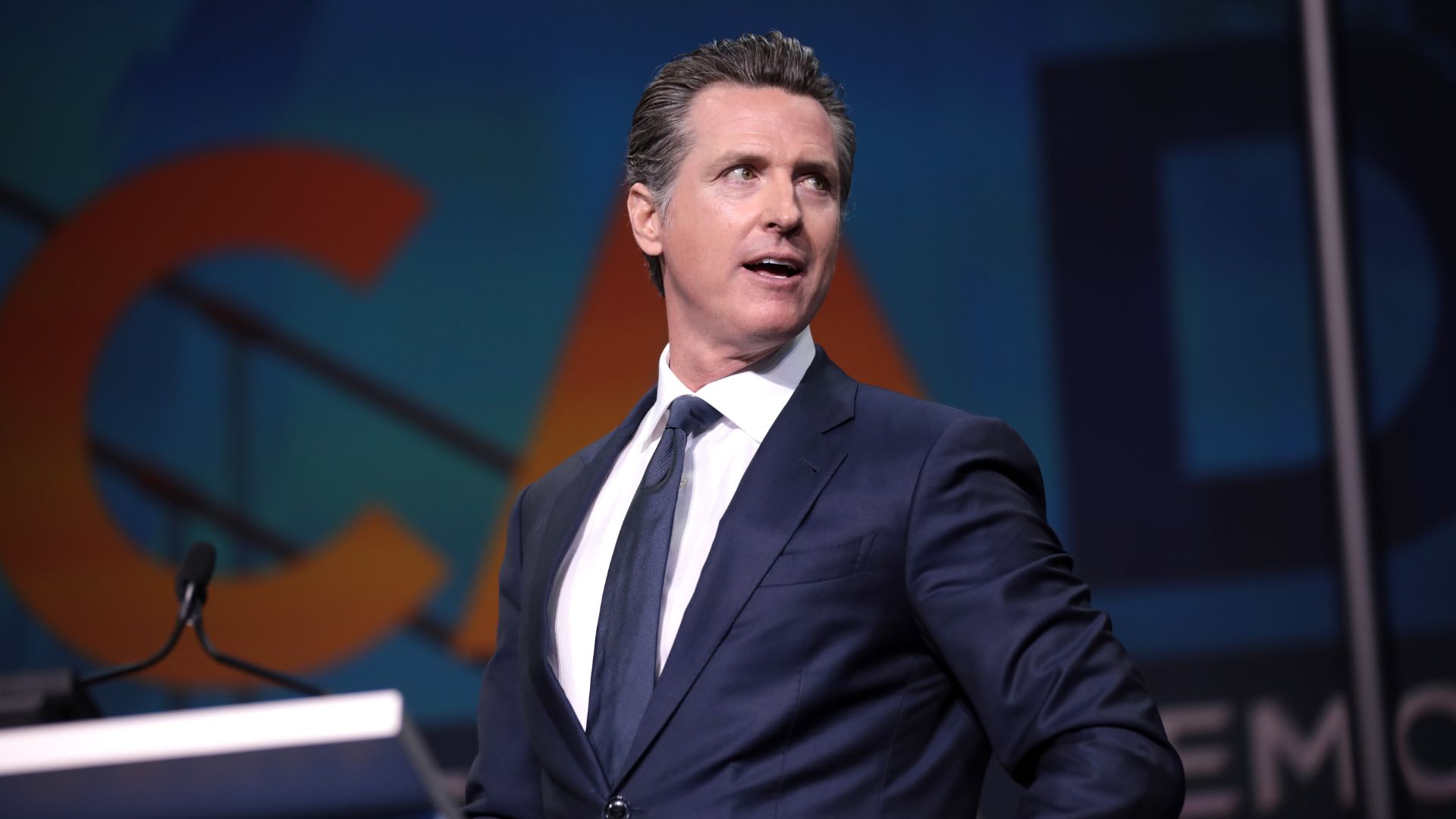
“We built this economy by valuing the dignity of work, cherishing family time, and honoring labor unions. You shouldn’t have to be a CEO to live a decent life – and in California, you don’t have to be,” said Governor Newsom.
Newsom added, “We are a state that gives a damn about fast food workers – who are predominantly women – working two and a half jobs to get by. Because of the leadership of California’s Legislature, these hard workers finally got the raise and job security they deserved. And the companies themselves got a more stable workforce.”
Not All Experts Agree on Benefits of Minimum Wage Law
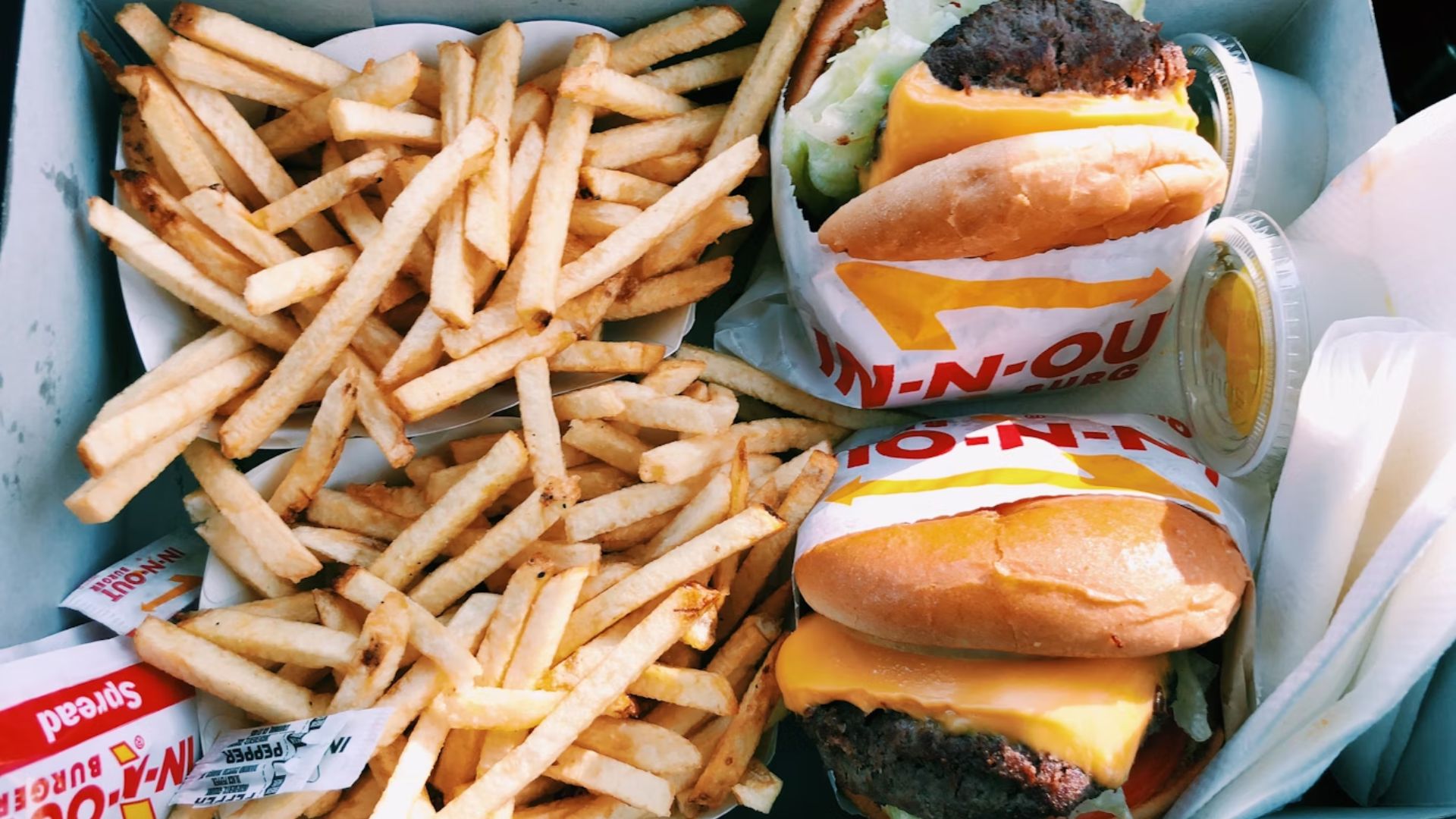
Many economists and business leaders voiced opposition to increasing the fast-food minimum wage. The California Business and Industrial Alliance (CABIA) claimed thousands of jobs would be lost as a result.
Meanwhile, economics professor Alan Gin previously warned that businesses would be “really be hit hard” by the increase in the minimum wage for fast food workers from $16 per hour to $20 per hour.
Not All Businesses Seeing Job Increases

While the overall number of fast-food jobs in California has increased since the new minimum wage law, not all chains have been growing their workforce.
In June, it was reported that the popular Mexican chain Rubio’s would be shutting 48 of its locations owing to increased business costs from the minimum wage hike.
Have Minimum Wage Increases Been Passed Onto Customers?
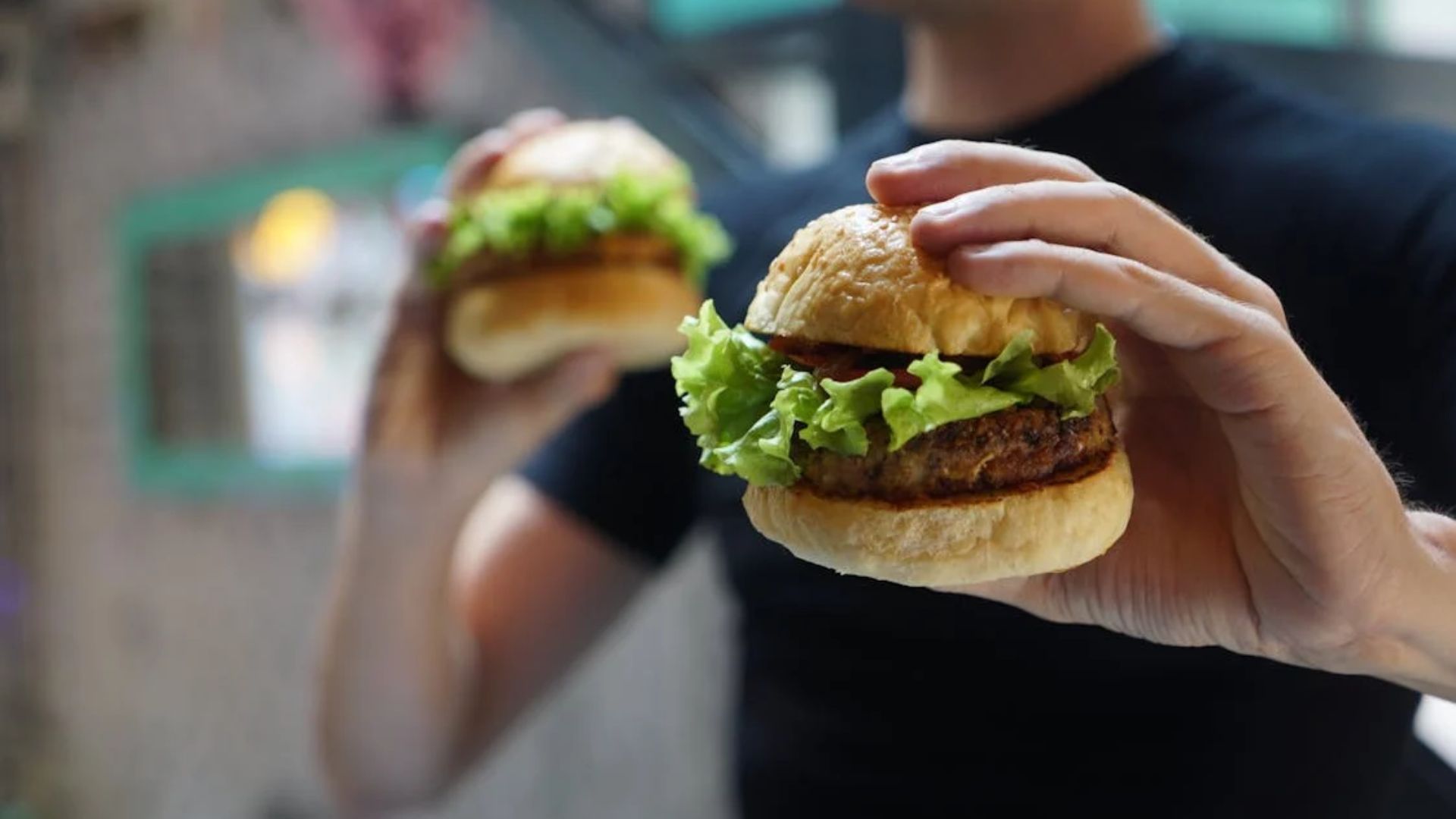
Many were concerned that fast food chains would respond to the minimum wage hike by increasing prices – something that has been born out in many In-N-Out restaurants.
Earlier this month, it was reported that the price of the Double-Double burger, fries, and drink combo had increased by $0.25 to $0.50 in locations across the state after the minimum wage increased.
Why Some Experts Support Increasing Minimum Wage
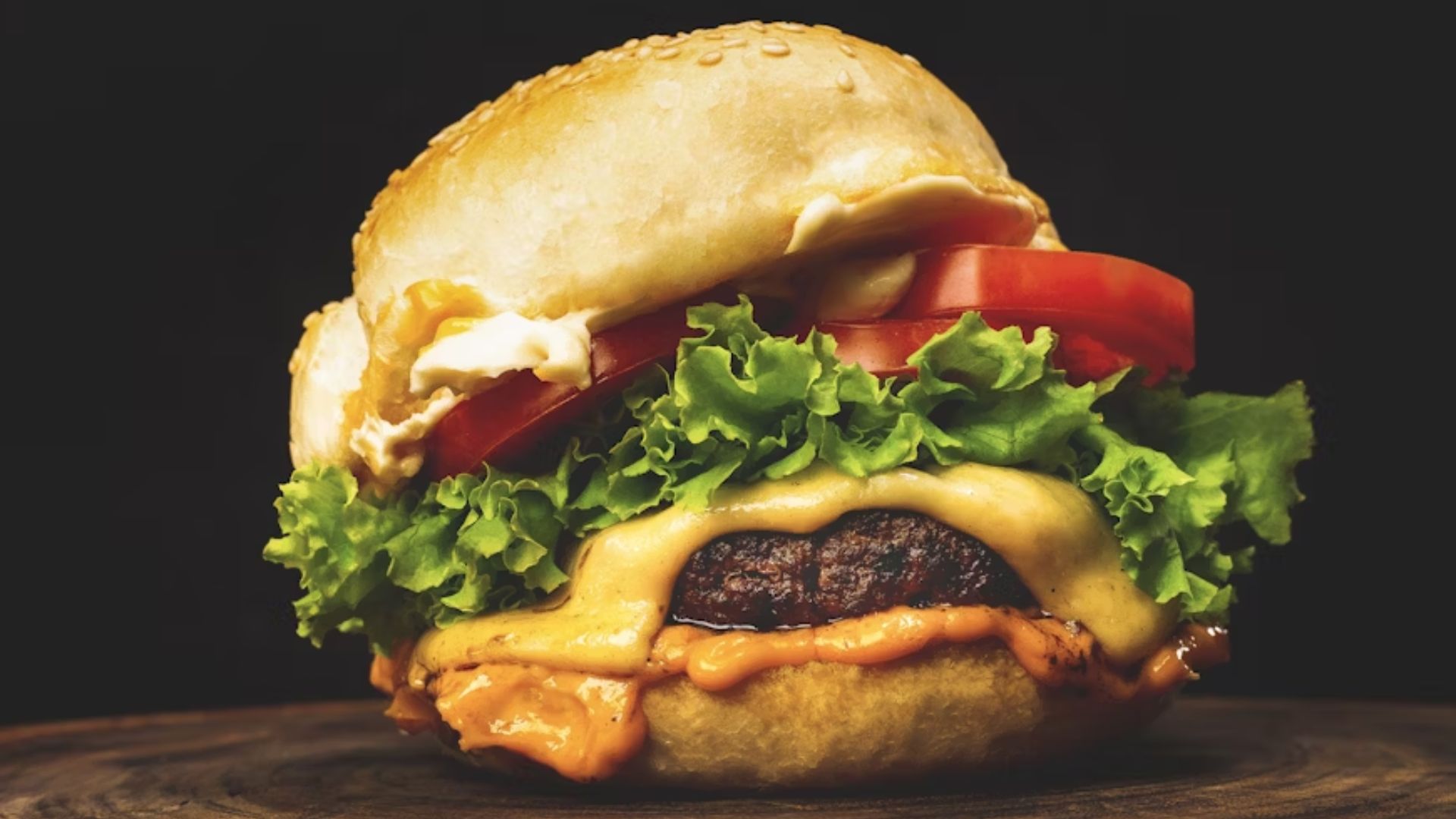
Michael Reich, UC Berkeley Chair of the Center on Wage and Employment Dynamics, said that evidence demonstrates that increasing the minimum wage lowers turnover, increases employment, and makes employee recruitment easier.
Additionally, one study showed that a 10% increase in minimum wage correlated to only a 0.4% increase in prices.
Minimum Wage Law Shapes Consumer Behavior
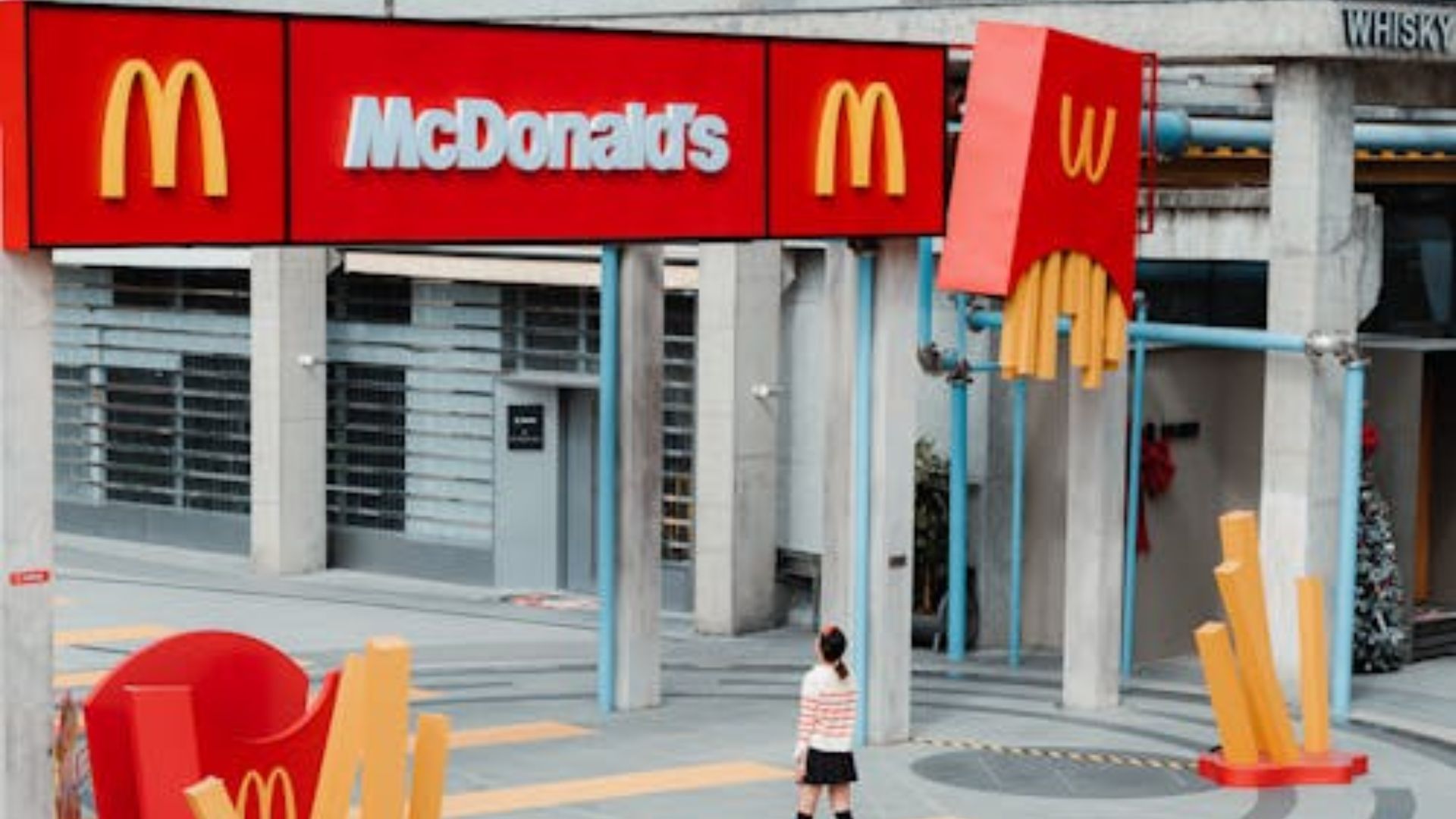
A recent study found that a number of chains impacted by the minimum wage increase had seen falling traffic following the new law’s implementation.
Since April, foot traffic to McDonald’s in California fell by 2.48%. While for Burger King, there was a 3.86% fall and, a 2.59% fall for In-N-Out.


